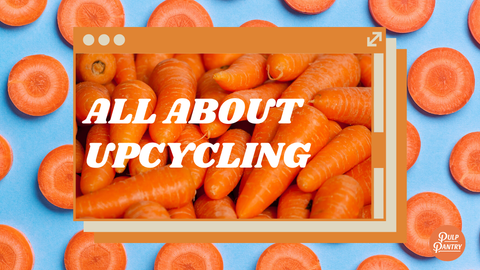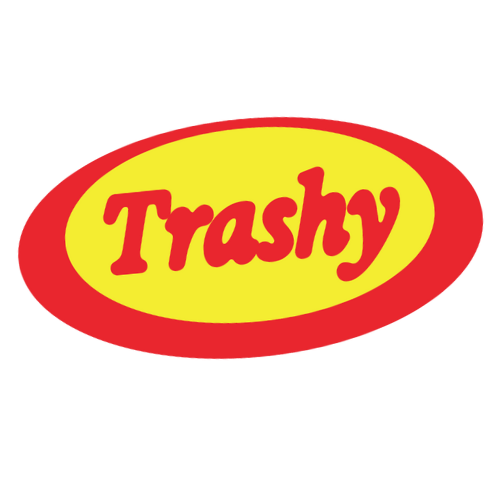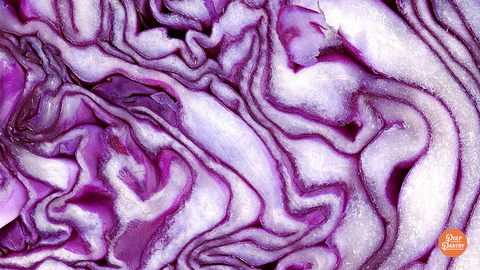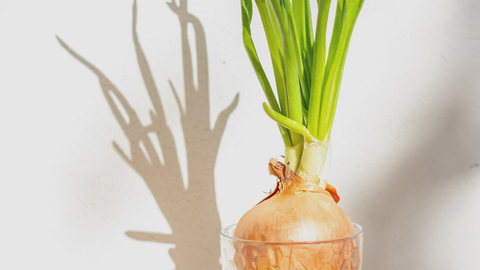
We’re throwing a super simple blog post up here to talk a bit about one of our favorite topics, upcycling. What is upcycling? Why you need to know? And how you can get involved in the movement? We're answering all below.
Let’s take it from the top!
You know all about recycling, right? You have your plastics, your metals, your paper goods, and you take ‘em out to the blue bin to recycle. Out of sight, out of mind, the assumption being that somebody (the government, the recycling facility) is going to take those materials and turn them into something else.
It all stays within a closed-loop, right?
Unfortunately, that’s not really the case… we’re going to give you some resources to read more about what’s happening with the current recycling markets, but first, we’ll give you a quick recap from the information we’ve learned.
Most of the time, items are commingled and used to create materials of lesser quality, or value than the original item being recycled. So likely, your plastic bottle isn’t going to be used to create another plastic bottle of the same type. And as you "recycle" materials like plastics over and over, you better believe that they continue to degrade to materials of lesser and lesser value. Thus, many materials cannot be matched to a market to repurpose them. Simply, there isn't enough value leftover to legitimize the cost to recycle!
In fact, today, there isn’t much of a market for recycled materials (especially contaminated plastics) at all. Maybe that's because of the low cost of virgin material (i.e. petroleum) to create new plastics, or because of the sheer volume of plastics that are entering recycling markets, overloading existing infrastructure. (For more information on what’s happening to recycling markets, read here and for what this means in your specific state, read here as a start.)
Unlike recycling, upcycling turns byproducts and “waste” material into items of greater or equal value. Instead of flowing down the food chain like recycled materials might, we can create entirely new high-value items from waste or byproduct material.
For example, turning plastic water bottles into new fibers that can be used to manufacture clothing. Many brands are doing this today!
Our favorite example of upcycling actually happens in the food industry. A report from Boston Consulting Group found that the value of wasted food globally is about $1.2 trillion. At Pulp Pantry, we upcycle food that would otherwise go to waste - such as organic vegetable fiber, or pulp, leftover after juicing farm-fresh vegetables. In fact, there's a whole industry for upcycled foods.
What are upcycled foods?
Upcycled foods use ingredients that otherwise would not have gone to human consumption, are procured and produced using verifiable supply chains, and have a positive impact on the environment. (Upcycled Food Association, 2020 definition.)
Why does upcycling matter?
We all have the responsibility to reduce waste in light of today’s declining recycling markets, as we literally cannot rely on recycling markets to sustainably find an outlet for the things we “intend” to recycle. Today, some estimate the upcycled food industry alone is worth $46.7 billion.
The act of upcycling is a rebellion against traditional norms of our linear consumption model (take → make → waste) to build a circular, restorative economy. It’s the smart thing to do for business (saving money, squeezing value out of resources) and it’s the smart thing to do as consumers for the same reasons. People are waking up to the fact that our current consumption model is unsustainable and detrimental not only to the planet’s health but also to our own.
Want to get involved?
Explore some of our favorite ways the industry is upcycling so that you can support brands doing the hard work to get the ball rolling, as well as pointers for how you can get involved with zero-waste DIY's at home.

About Pulp Pantry:
Pulp Pantry turns overlooked resources like upcycled vegetable juice pulp into wholesome everyday snacks that make it convenient and delicious to eat more servings of vegetables and fiber.
Our newly launched Pulp Chips are vegetable-based, tortilla style chips made from fresh, upcycled vegetables as the first ingredient. Pulp Chips are a craveable better-for-you, better-for-the-planet snack with up to a full day's serving of fiber in each bag.





